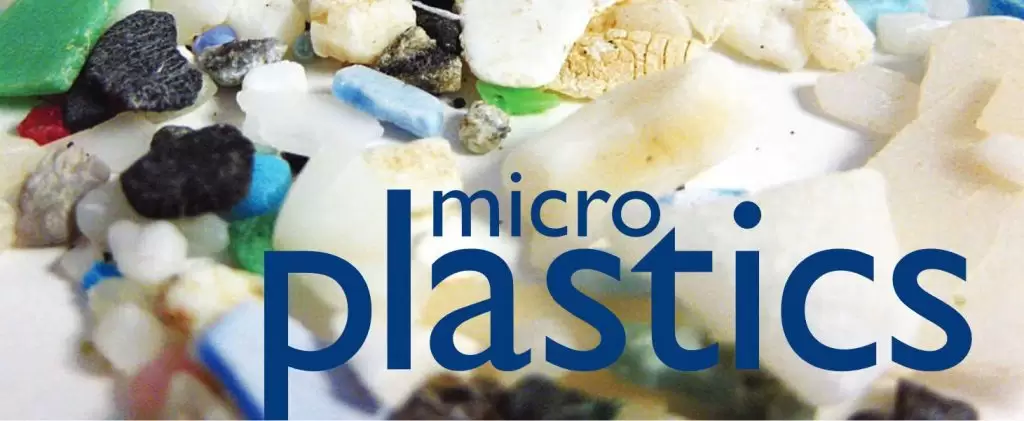Photo credit: UN Environment Programme
The IUF has welcomed UN plans to develop a legally binding agreement on plastic pollution. A negotiating committee established within the UN Environment Programme (UNEP) aims to complete a draft text by the end of 2024 for presentation to a UNEP-convened conference for adoption and invitation to sign. The document will promote sustainable production and use of plastics, from product design to environmentally sound waste management through resource efficiency and recycling. Such an agreement will have an impact on jobs, and the IUF calls on the negotiating committee to propose a transition which incorporates decent work and environmental sustainability. Plastic pollution is a health and environmental crisis and poses a major challenge for IUF affiliates:
- 300 million tons of plastics are produced annually while estimates suggest only 9% of new plastics are recycled; humans are exposed to a large variety of toxic chemicals through inhalation, ingestion, and direct skin contact with plastics, including microplastics
- According to the UN, there will be around 12 billion metric tons of plastic litter in landfills and in the environment by 2050; the pollution is much more than the plastic we see in the litter discarded on streets, in parks, on beaches and in landfills, as microplastics are present in the air and in food
- Researchers from the University of Auckland, New Zealand, calculate that 74 metric tons of microplastics are dropping out of the atmosphere onto Auckland annually, the equivalent of more than 3 million plastic bottles falling from the sky
- Microplastics end up on the seabed where they infiltrate plankton and other marine plants, are swallowed by marine animals and contaminate our food and water
IUF General Secretary Sue Longley stated, “Production in food and beverage processing utilizes unsustainable amounts of plastic packaging. While jobs are potentially at risk through the call for more sustainable packaging, more jobs are at risk if we do not participate in the search for alternative environmentally friendly packaging. The voice of workers and their unions must be heard in shaping the change to a Just Transition which delivers good union jobs and drastically reduces pollution.”
